facebook on Tuesday unveiled an organ donor status option for Timeline, a move designed to help more than 114,000 people in the U.S. and millions more around the world who are waiting for a live-saving heart, kidney or liver transplant.
“Many of those people — an average of 18 people per day –- will die waiting, because there simply aren’t enough organ donors to meet the need,” Facebook notes in a blog entry explaining the move. “Medical experts believe that broader awareness about organ donation could go a long way toward solving this crisis.”
As the video above explains, designating yourself as an organ donor is easy. All you need to do is go to your Timeline, click on “Life Event” and then “Health & Wellness.” Then, you’ll see the option for “Organ Donor.” At that point, you can add when and where you registered and your personal story.
For those who aren’t organ donors, Facebook is providing a link to the appropriate registry. As with other Timeline entries, you can make your organ donor status public or private.

Update: In the video below, Zuckerberg explained his motivation for the program with Good Morning America anchor Robin Roberts. Among the driving factors was Zuckerberg’s friendship with Steve Jobs, whose life was extended following a liver transplant.
“Many of those people — an average of 18 people per day –- will die waiting, because there simply aren’t enough organ donors to meet the need,” Facebook notes in a blog entry explaining the move. “Medical experts believe that broader awareness about organ donation could go a long way toward solving this crisis.”
As the video above explains, designating yourself as an organ donor is easy. All you need to do is go to your Timeline, click on “Life Event” and then “Health & Wellness.” Then, you’ll see the option for “Organ Donor.” At that point, you can add when and where you registered and your personal story.
For those who aren’t organ donors, Facebook is providing a link to the appropriate registry. As with other Timeline entries, you can make your organ donor status public or private.

Update: In the video below, Zuckerberg explained his motivation for the program with Good Morning America anchor Robin Roberts. Among the driving factors was Zuckerberg’s friendship with Steve Jobs, whose life was extended following a liver transplant.











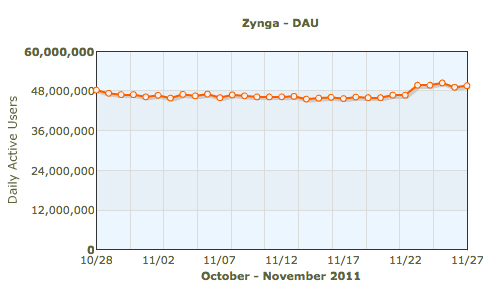
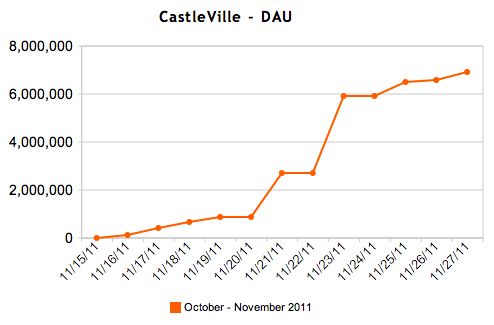
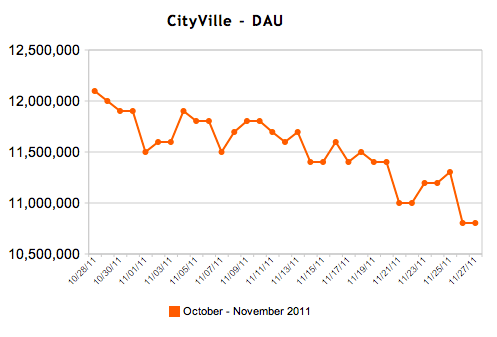
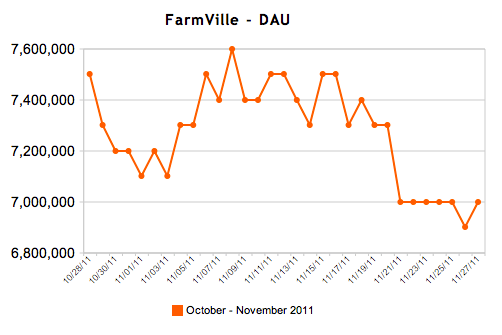

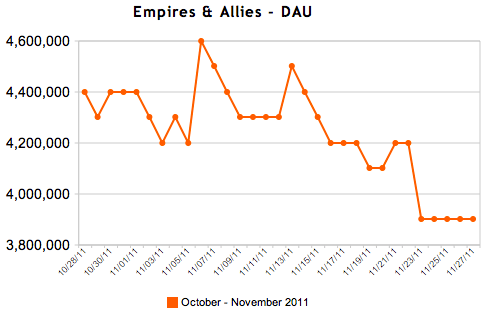
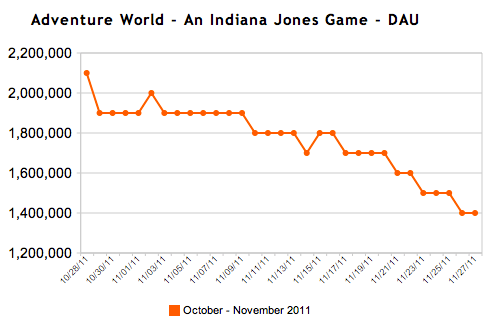
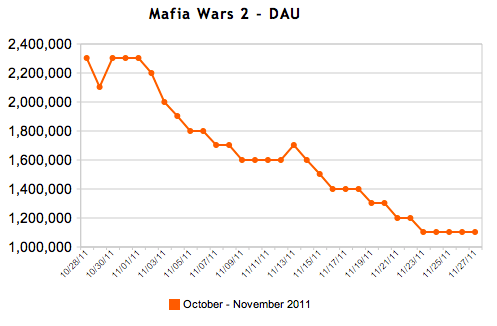
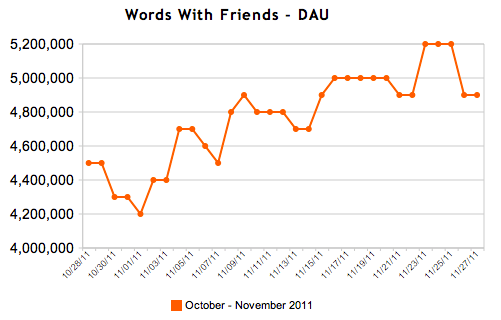


![Happy Birthday Google: Celebrate With All the Anniversary Doodles [PICS]](http://8.mshcdn.com/wp-content/uploads/2011/09/125,googledoodlesbirthdayanniversary.jpg)

![Facebook Timeline: 10 Stunning Designs [PICS]](http://7.mshcdn.com/wp-content/uploads/2011/10/125,creativefacebooktimeline.jpg)


















































